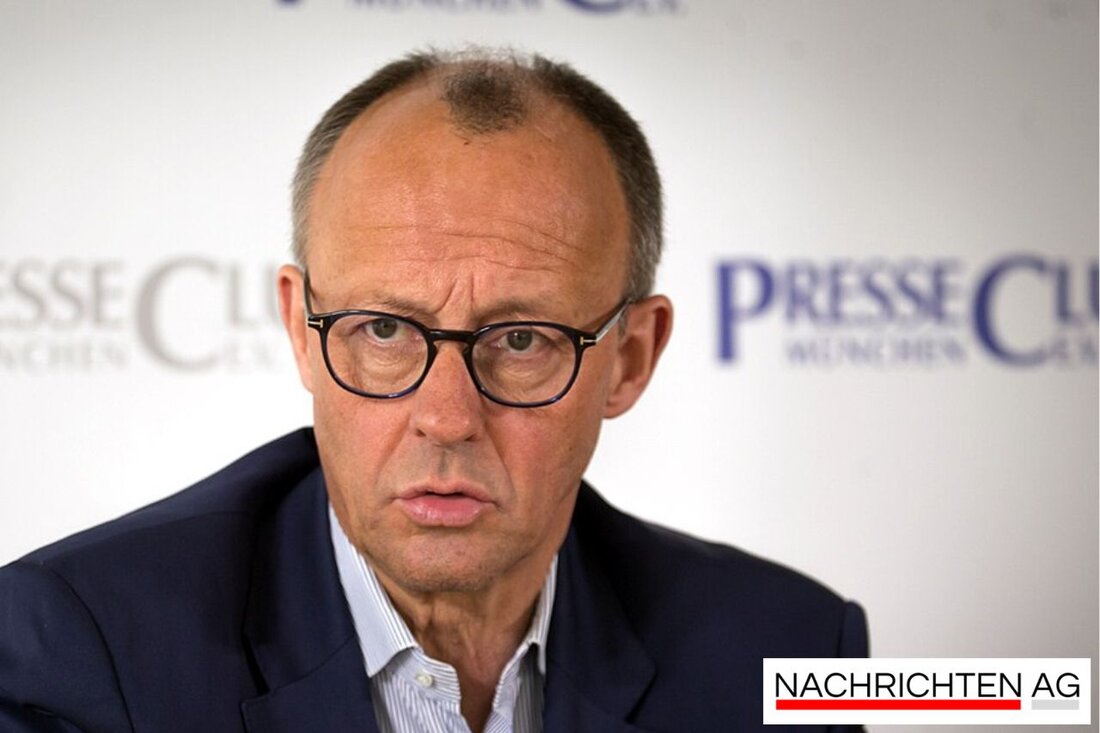Battle for the PCK refinery: Federal government under pressure over Rosneft!
Schwedt/Oder: The future of the PCK refinery is in jeopardy as the federal government struggles with US sanctions.

Battle for the PCK refinery: Federal government under pressure over Rosneft!
The PCK refinery in Schwedt is currently at the center of the political and economic debate. The federal government has received six months from the USA to clarify the complicated ownership structure of Rosneft Deutschland GmbH. This measure is intended to prevent the refinery from being massively affected due to the new US sanctions against the Russian oil industry. The refinery is majority-owned, 54 percent, by Rosneft and represents a crucial part of the energy supply in northeast Germany, including Berlin. 95 percent of the fuel used in East Germany and Berlin alone comes from Schwedt, making the refinery a strategically important mainstay for the region, reports Thought pages.
The situation has worsened since the company was taken over by the Federal Ministry of Economics in September 2022. Since then, Rosneft Germany has been under trust management, which is intended to ensure that the company is no longer controlled from Russia and that no profits flow to Russia. This measure is intended to guarantee both economic stability and energy supply in Germany. The works council chairman Dany Ruthenburg has already expressed concern about a potential production stop and is calling for support from the federal government, in particular from Chancellor Friedrich Merz and Federal Economics Minister Katharina Reiche, according to the rbb24.
The challenge with sanctions
In light of the new US sanctions, banks have stopped financial transactions with the PCK refinery, which could have led to a serious financial shortfall. Without the federal government's intervention, the refinery would have had to declare bankruptcy within a few weeks. On October 28, 2025, a six-month exemption was granted by the US authorities, which initially secures operations, but uncertainty remains as more and more companies withdraw to protect themselves from possible sanctions.
The current developments are not without precedent: with the British sanctions against Rosneft, the then Chancellor Merz had to contact the British Prime Minister in order to obtain an exception. Now it is becoming clear once again how important a quick and coordinated response from the federal government is to protect the refinery and its 2,000 jobs.
The future of the PCK refinery
At the last federal press conference, the topic of the possible purchase of the shares by the federal government was raised. However, the moderator Angela Wefers restricted the forwarding of questions from the audience, which led to criticism. The chairman explained that these conferences are intended to provide factual political information without presenting concrete plans to solve the problem.
So a lot remains at stake for the PCK refinery. The Rosneft subsidiaries are under strict trust, with the Federal Network Agency taking over the voting rights and appointing a managing director to ensure continued smooth operations. The big question hanging over the refinery is: What happens next as the six-month deadline expires and the U.S. potentially toughens its policy toward Russia? The decisive factor will be whether contact with the American authorities can be maintained in order to avert an impending standstill.

 Suche
Suche
 Mein Konto
Mein Konto